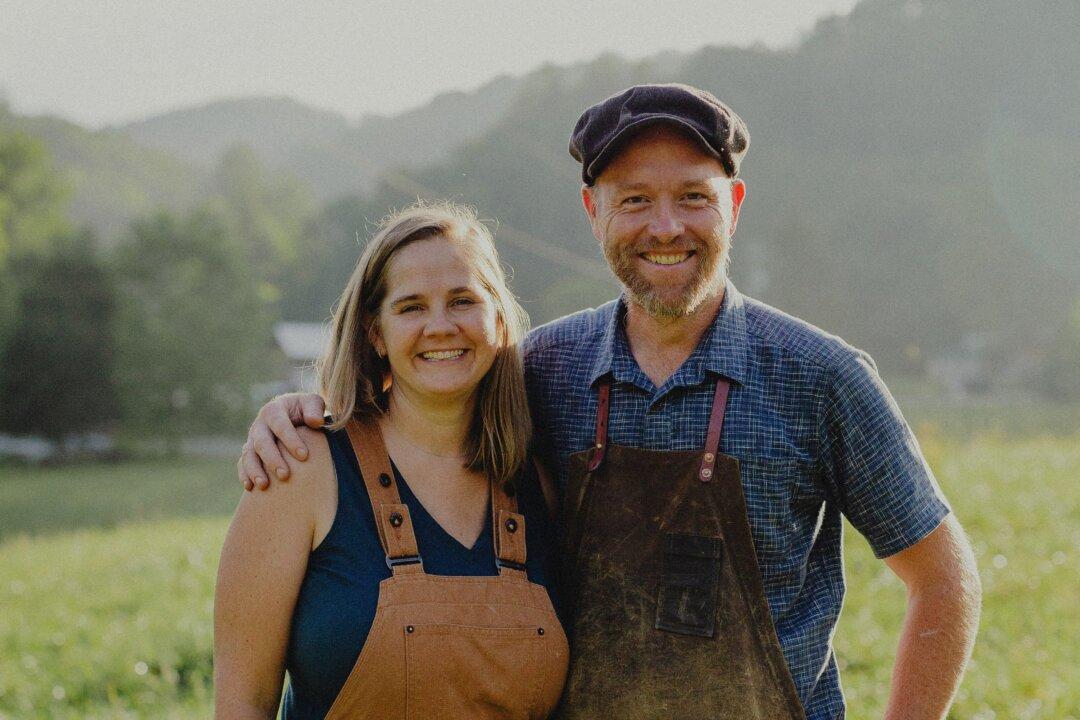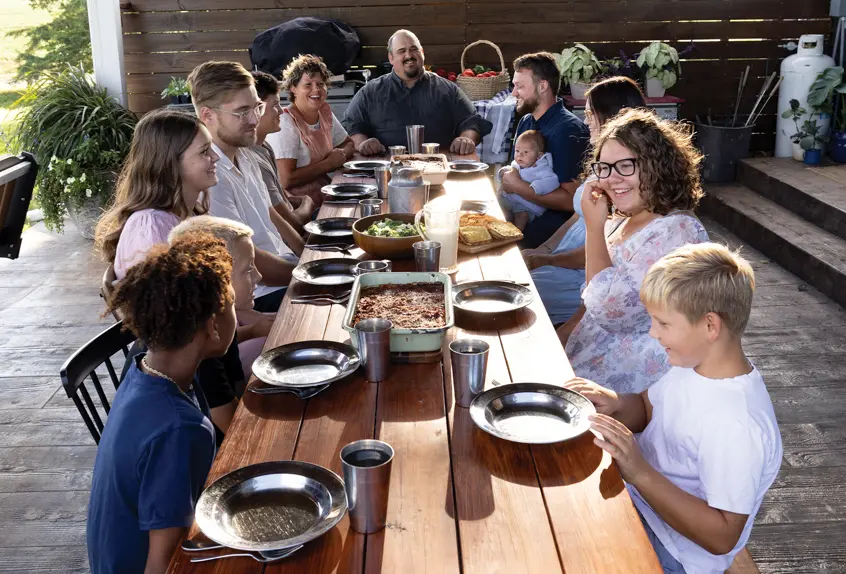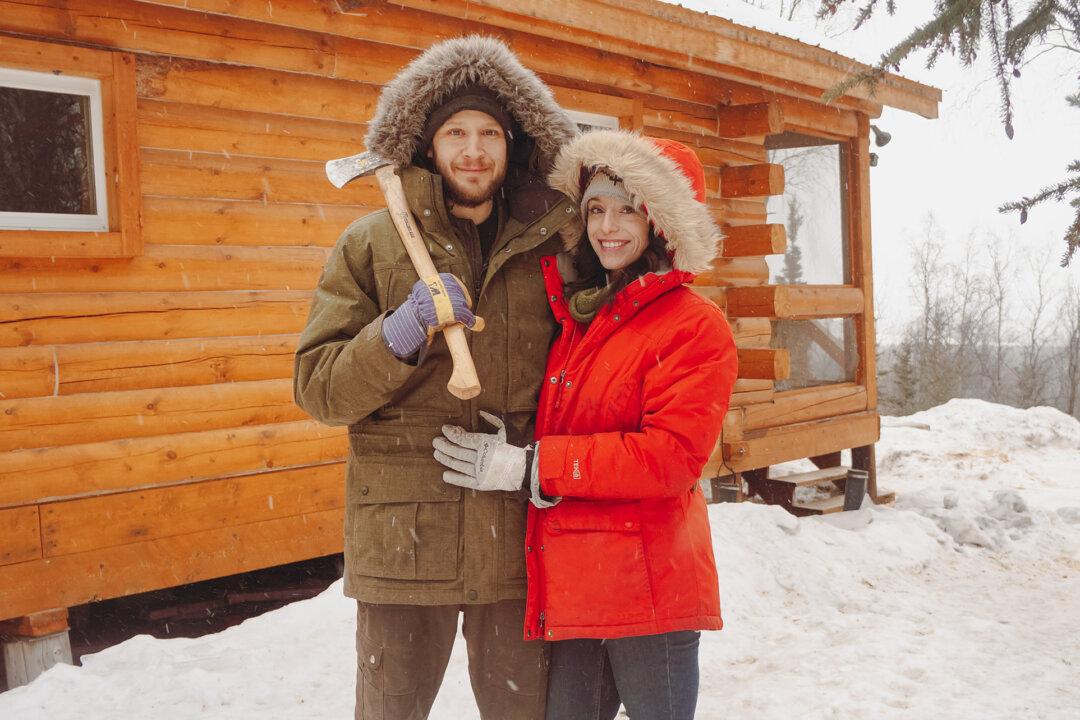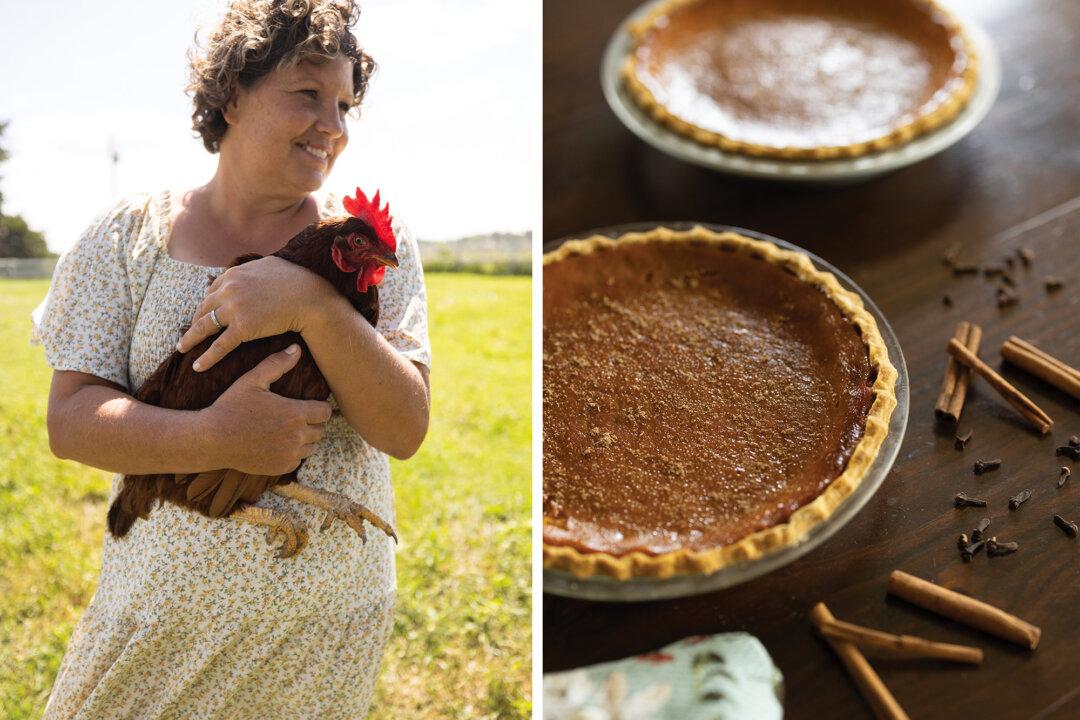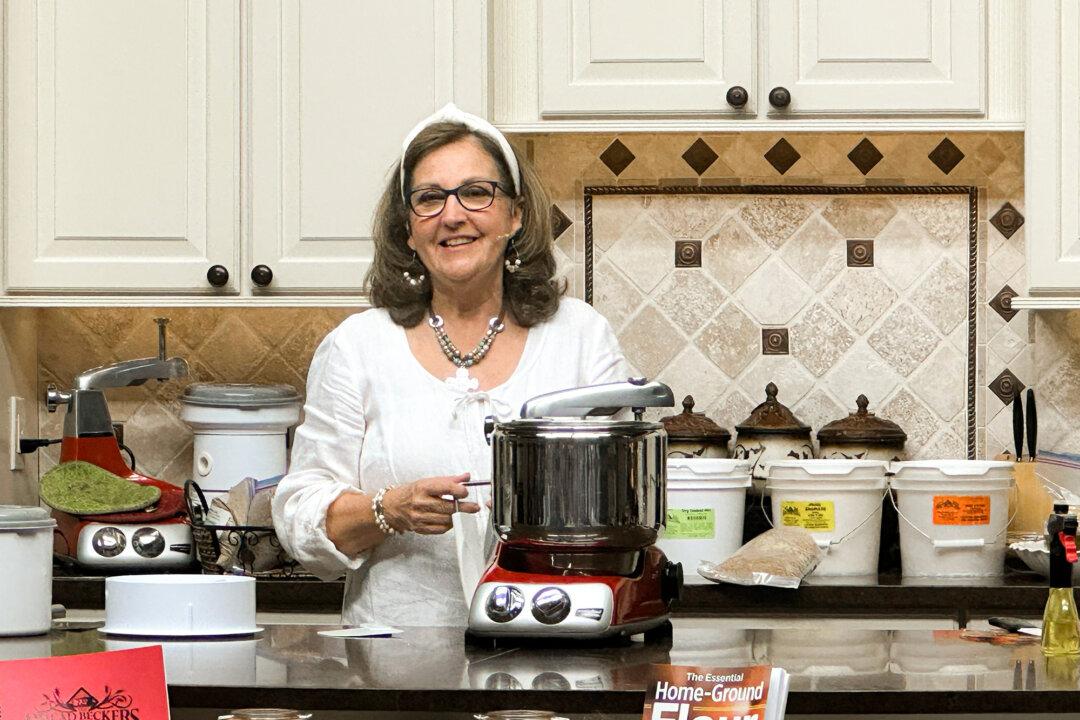If the COVID-19 pandemic taught the American people anything, it’s that the institutions and systems we have held up and relied upon for decades are deeply flawed. This fact became painfully evident when grocery store shelves emptied, when farmers had to kill excess livestock due to supply chain interruptions, when conveniences that had been taken for granted became the stuff of stress and anxiety, and when the illusion of city life was broken and the allure of a quiet town or country home became so appealing that house prices skyrocketed.
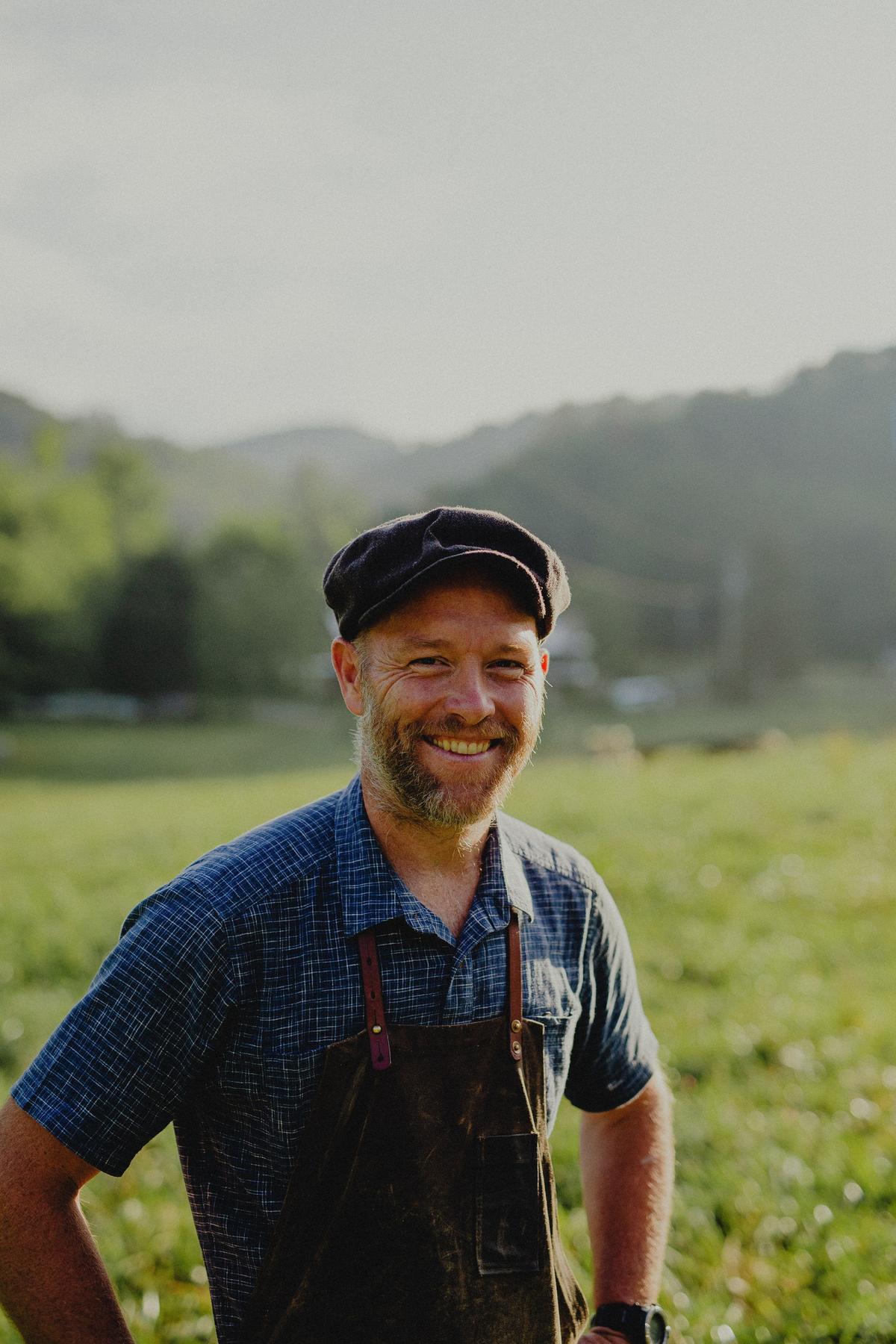
Justin Rhodes on his homestead. Benjamin Roberts

